Professional death assistance? What you should know about End-of-Life-Doulas and how to plan for support
While death is inevitable, it is still something that many of us are uncomfortable talking about. This discomfort can make it difficult to know how to support a loved one who is dying. However, by reaching out to a professional end-of-life doula, you can ensure that your loved one has the support they need during this difficult time.
No matter what stage of grief a person is in surrounding their illness, it is important for them to have as much emotional, physical and spiritual support as they can get. And while this support usually comes from many angles including medical staff, family, friends, the funeral director, and the clergy… there is still sometimes a hole left that is not being filled… especially when friends and family are already coping with the anticipatory grief of their dying loved one.
That’s where end-of-life doulas come in. They are there to provide support in any way they can. These professionals are trained to provide physical, emotional, and spiritual support during the dying process. Also called death doulas or midwives, these individuals work with clients throughout their illness – from diagnosis through hospice care and beyond.
This may include helping to make arrangements, providing emotional comfort, or even just being present during the dying process. Death doulas are not medical professionals, so they cannot offer medical advice or perform any medical procedures. However, they can be a valuable resource for information and support.
Death doulas can help in a variety of ways, both big and small. Here are just a few examples:
- Providing emotional comfort and support
- Being present during the dying process
- Helping with after-death care, such as arranging for a body to be transported or preparing for a memorial service
- Helping with end-of-life paperwork and arrangements
- Providing support to family and friends during the grieving process
As you can see, death doulas can provide invaluable support during one of the most difficult times in a person’s life.
The difference between funeral directors and death doulas
Funeral directors are an integral part of the death and final disposition process and are responsible for many of the logistics surrounding a death. They help with paperwork, cremation or burial arrangements, and provide support to the grieving family. But unless the family has preplanned, funeral directors don’t come into the picture until after death has occurred.
Death doulas, on the other hand, provide support throughout the dying process. They work with clients and their families from the time of diagnosis through hospice care and beyond. While funeral directors are an important part of the death industry, they cannot offer the same level of support as a death doula.
Can I preplan for a death doula?
If you are interested in having a death doula, the best time to start is before a diagnosis is made. This way, you can be sure that you have the support you need from the beginning of the process.
If you or a loved one has been diagnosed with a terminal illness, it’s not too late to reach out to a death doula. These professionals can provide support and guidance at any stage of the dying process.
If you’re interested in finding a death doula assistant, or if you want to start by preplanning your arrangements, set up a meeting with Tharp Funeral Home staff and they can help you locate a professional, trained doula.







